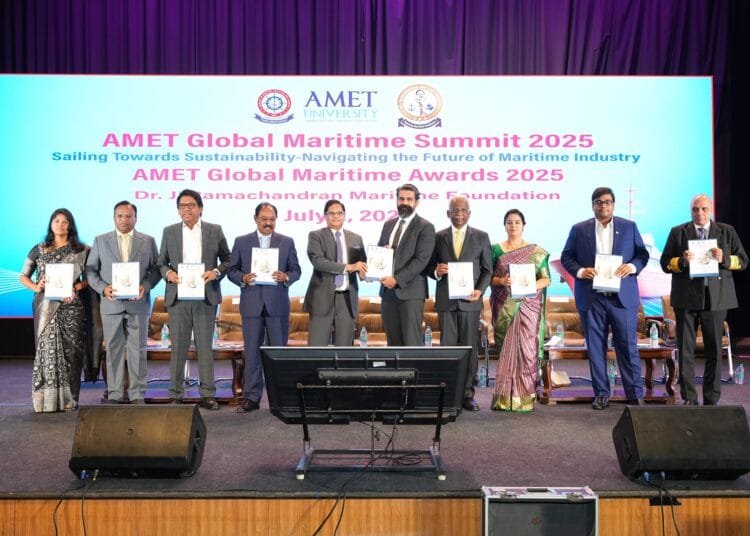Approved: 417 SEZ proposals
The Special Economic Zones has received investment of Rs.521,631.44 crore as of 30 Sept 2019 since the concept was first passed by parliament in May 2005.
Giving this update in parliament on 4 Dec 2019, Commerce and Industry Minister Piyush Goyal said the SEZs have generated exports worth Rs.381,912 crore to date.
The SEZs Rules came into effect on 10 February 2006.
The salient features of the SEZ scheme are:
A designated duty-free enclave to be treated as a territory outside the customs territory of India for the purpose of authorised operations in the SEZ;
No licence required for import;
Manufacturing or service activities allowed;
The Unit shall achieve Positive Net Foreign Exchange to be calculated cumulatively for a period of five years from the commencement of production;
Domestic sales subject to full customs duty and import policy in force;
SEZ units will have freedom for subcontracting;
No routine examination by customs authorities of export/import cargo;
SEZ Developers/Co-Developers and Units enjoy Direct Tax and Indirect Tax benefits as prescribed in the SEZs Act, 2005.
In addition to Seven Central Government Special Economic Zones (SEZs) and 12 State/Private Sector SEZs set-up prior to the enactment of the SEZs Act, 2005, 417 proposals have been approved for setting up SEZs in the country.
Out of 349 notified SEZs, 238 SEZs are operational.
There are no SEZs in the Hyderabad Karnataka Region area.
States/Union Territories-wise distribution of SEZs established in the country and details of locations of these SEZs are available at www.sezindia.nic.in.
SEZs being set up under the SEZs Act, 2005 and SEZs Rules, 2006 are primarily private investment driven initiatives.
No funds are sanctioned by the Central Government for setting up of SEZ, Goyal assured the house.
However, the fiscal concessions and duty benefits have been allowed to developers/units as per the SEZs Act, 2005 and Rules thereunder. fiinews.com










